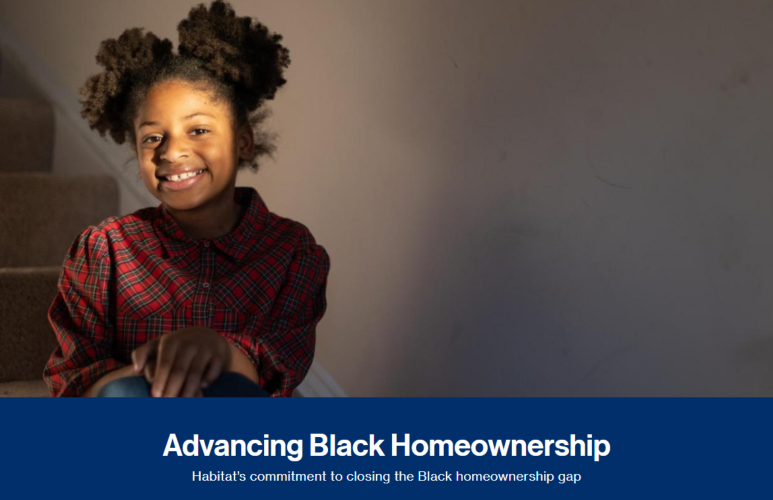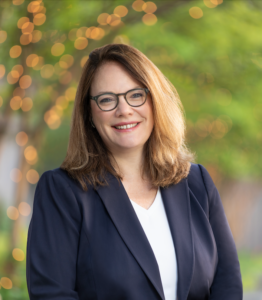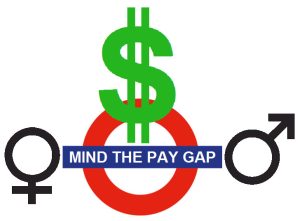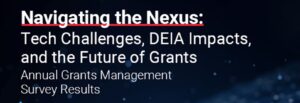Uber-philanthropist MacKenzie Scott’s $436 million unrestricted gift to Habitat for Humanity this past March is helping “keep the lights on” within the nonprofit’s offices. But the grant is also turning on the lights for potential African American homeowners, as $25 million of the gift is funding Habitat for Humanity International’s Advancing Black Homeownership Initiative.
Scott is an advocate of unrestricted grants, so organizations such as Habitat for Humanity – which despite the colloquialism for how unrestricted gifts can be used is in no danger of turning its lights off – can provide support and essential services to their employees. Scott’s approach stands in contrast with restricted gifts, which often come with stipulations that they be used only for programming or other specific designations.
The Advancing Black Homeownership Initiative is aimed at reducing racial disparities in homeownership. During the first quarter of 2022, homeownership rates among non-Hispanic White people was 74%, compared with 58.4% for Asian, Native Hawaiian and Pacific Islanders and 44.7% for Blacks. The 29.3% gap between White and Black homeownership is the widest it has been in more than 40 years, according to information supplied by Habitat for Humanity International.
The new initiative is aimed at closing that gap. While the specifics of the newly launched program are still being developed, leadership anticipates raising at least an additional $75 million during the next three to five years for a variety of property acquisition and lending activities.
“We are primarily known for serving through home construction, but we actually do a wealth of things,” Atlanta-based Habitat for Humanity International’s Senior Director of Housing and Community Strategy Tawkiyah Jordan said. “Habitat is a mortgage financer for lower-income families. We also do a lot of neighborhood-based work. We do repairs, we do rehabs.”
The Scott gift will broaden Habitat’s activities even further. “We are concerned about displacement – about folks having an opportunity to build wealth in the places they love,” Jordan continued. “We are thinking about providing services like financial coaching, which is different than homeownership counseling.” Part of the financial coaching activities might include microloans that help Habitat’s clients get out of cycles of bad debt, such as being taken advantage of by payday lenders, Jordan added.
Granted, there is a $75 million gap between Habitat for Humanity International’s desired budget and the provisions of the Scott gift, as $411 million of the grant went directly to 84 regional affiliates. That includes $20 million to Habitat for Humanity of Greater Los Angeles which is believed to be the largest single Scott bequest to any Habitat affiliate.
“In terms of fundraising activities, we will be working with donors who are already committed to partnering with Habitat for Humanity to talk about this initiative, and why it is important to our core mission,” Jordan said. Habitat will also seek funding, or at least partner in fundraising activities, with other organizations that have complementary missions, such as research-oriented organizations or real-estate organizations.
Ideally, these partnerships would also yield benefits for Habitat affiliates in areas that do not have significant Black populations. The knowledge gained, as well as the tactics and strategies clients will use to strengthen their financial positions, could be applied regardless of race.
The $100 million goal for Advancing Black Homeownership Initiative should yield considerably more than $100 million in benefits. In addition to outright grants, homeowner loans from Habitat for Humanity International to its clients, who generally fall within the 30% to 80% range of an area’s median income, are paid back – albeit at either very low or zero-percent interest rates – and can be reinvested either in additional loan programs or other activities.
The Initiative’s funds will also support the Habitat Mortgage Solutions program, which helps maintain Black presences in areas where land and home prices have substantially increased. “There are places that never expected to see the market shift in the way it has, and folks are caught a little off guard,” Jordan said. These shifts, if left unaddressed, would keep many of the families Habitat serves out of the traditional marketplaces for a home, she added.
The most desirable marketplaces often include those with ready access to public transportation and jobs. Homes in these locations are often the first to experience value changes that restrict access by those who could best benefit from these features.












